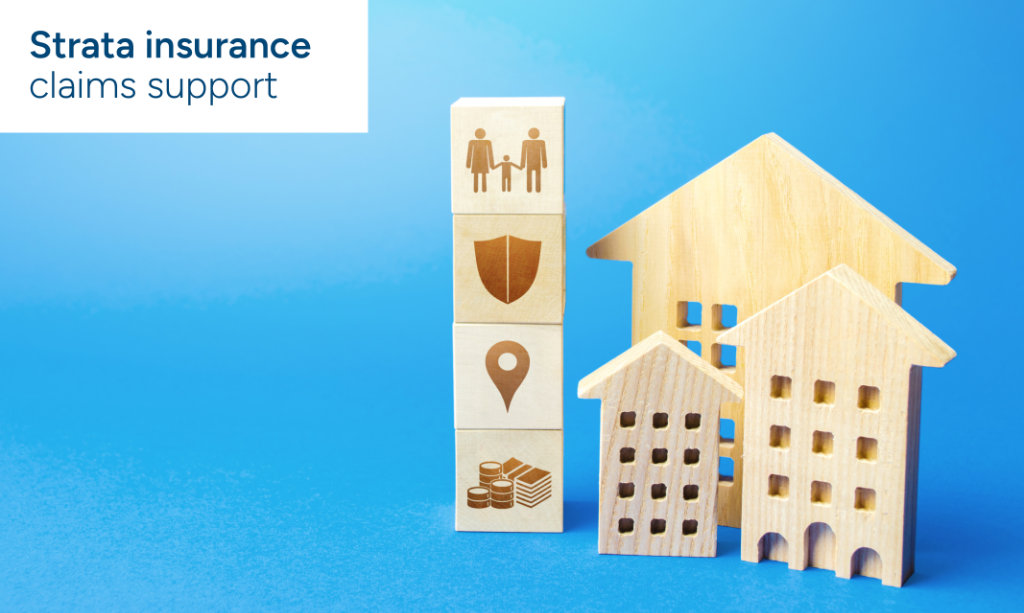Online platform
With CommunityHub, you no longer have to wait for office hours or returned phone calls to get information. You can access it right now. It’s at your fingertips, from downloading agendas and meeting minutes to viewing your by-laws and levy balances and making levy payments on the go.




















